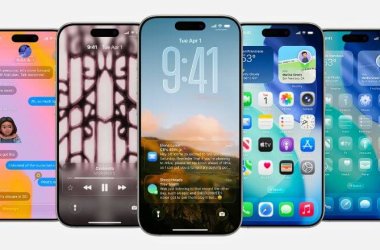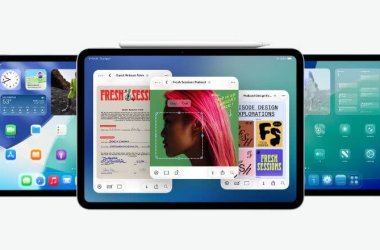Football fans heading to Russia for the World Cup 2018 have been warned to be on their guard when connecting to local Wi-Fi networks, researchers at Kaspersky Lab warned.
According to Kaspersky Lab research, 7,176 of approximately 32,000 public Wi-Fi networks in FIFA World Cup 2018 host cities do not use traffic encryption.
This makes them potentially unsafe for use by football fans visiting the cities. The results suggest that fans should take care of their personal data, especially while using open Wi-Fi connections around the FIFA World Cup games.
Global events always result in a concentration of people connecting to networks to upload posts, stay in touch with loved ones, and share the fun with others.
However, at the same time, these networks can be used to transfer financial and other valuable information across the Internet. And it’s this information that third parties – not necessarily criminals – can intercept and use for their own purposes.
The three cities with the highest percentage of unreliable Wi-Fi networks are Saint Petersburg (37 percent), Kaliningrad (35 percent), and Rostov (32 percent).
In contrast, the safest places were relatively small towns – including Saransk (only 10 percent of Wi-Fi spots are open), and Samara (17 percent of Wi-Fi spots are open). Almost two-thirds of all public Wi-Fi networks in these locations use the Wi-Fi Protected Access (WPA/WPA2) protocol family for traffic encryption, a protocol which is considered to be one of the most secure for Wi-Fi use.
If you are going to visit FIFA World Cup 2018 host cities and use open Wi-Fi networks while there, remember to follow several simple rules to help protect your personal data:
- Whenever possible, connect via a Virtual Private Network (VPN). With a VPN, encrypted traffic is transmitted over a protected tunnel, meaning criminals won’t be able to read your data, even if they gain access to it. For example, the Kaspersky Secure Connection VPN solution can switch on automatically when a connection is not safe.
- Do not trust networks that are not password-protected, or have easy-to-guess or easy-to-find passwords.
- Even if a network requests a strong password, you should remain vigilant. Fraudsters can find out the network password at a coffee shop, for example, and then create a fake connection with the same password. This allows them to easily steal personal user data. You should only trust network names and passwords given to you by employees of the establishment.
- To maximise your protection, turn off your Wi-Fi connection whenever you are not using it. This will also save your battery life. We also recommend disabling automatic connections to existing Wi-Fi networks.
- If you are not 100 percent sure the wireless network you are using is secure, but you still need to connect to the Internet, try to limit yourself to basic user actions such as searching for information. You should refrain from entering your login details for social networks or mail services, and definitely do not perform any online banking operations or enter your bank card details anywhere. This will avoid situations where your sensitive data or passwords are intercepted and then used for malicious purposes later on.
- To avoid being a target for cybercriminals, you should enable the “always use a secure connection” (HTTPS) option in your device settings. Enabling this option is recommended when visiting any website you think may lack the necessary protection.
To learn more about Wi-Fi network situation in FIFA World Cup host cities, read our blogpost on Securelist.com.





